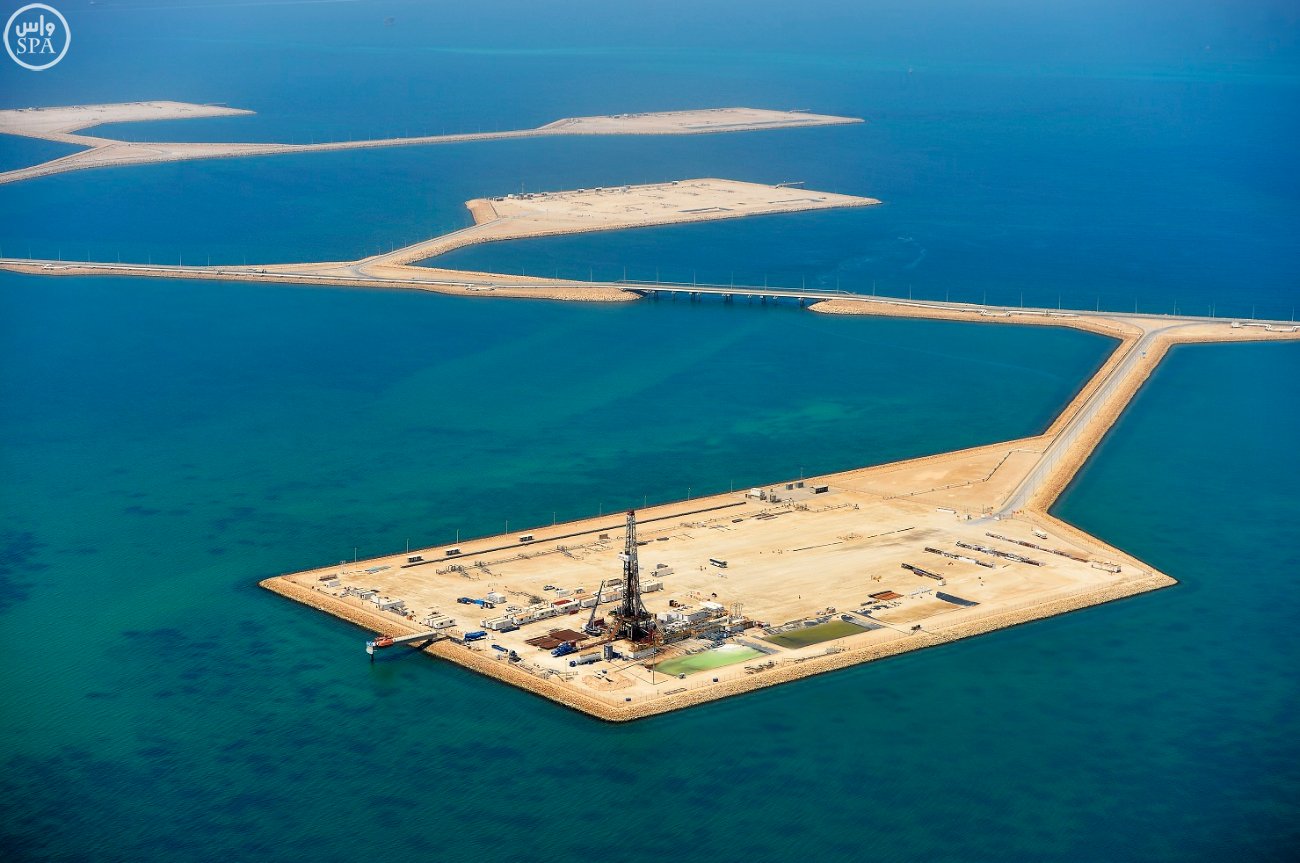Russia, Saudi Arabia and OPEC reached a historic deal on oil production cuts over the weekend, agreeing to cut almost 10 percent of global supply with Russia and Saudi Arabia bearing the brunt of the cuts.
“We took the responsive and responsible action to focus on adjusting crude oil production by 10 mb/d beginning on 1 May 2020, for an initial period of two months; then by 8 mb/d from July to December 2020; and by 6 mb/d for the period of January 2021 to April 2022, in the interests of producers, consumers, and the global economy,” OPEC Secretary General Mohammad Barkindo said Sunday in a statement.

Prince Abdel Abdulaziz bin Salman, Saudi Arabia’s Minister of Energy.
The OPEC+ alliance meets again in June, and Saudi Arabia’s Prince Abdulaziz bin Salman said the Kingdom is willing to cut further if needed if others within the OPEC+ alliance also reduced production, according to Bloomberg.
A tentative deal was reached Friday, but Mexico was a holdout in the talks.
President Trump took credit for the deal on Twitter this morning, thanking “all of those who worked with me” to get Saudi Arabia and Russia to cut their oil production.
“Having been involved in the negotiations, to put it mildly, the number that OPEC+ is looking to cut is 20 Million Barrels a day, not the 10 Million that is generally being reported,” he said, contradicting news reports and a statement from OPEC’s Secretary General on cuts.
Oil prices increased slightly on the news of the deal, but a global supply glut and significantly reduced global demand because of the ongoing efforts to battle the spread of the coronavirus kept prices from soaring on international exchanges. West Texas Intermediate, the U.S. benchmark, was up 0.22 percent at $22.81 a barrel on Monday, after being up as much as 5 percent overnight.









